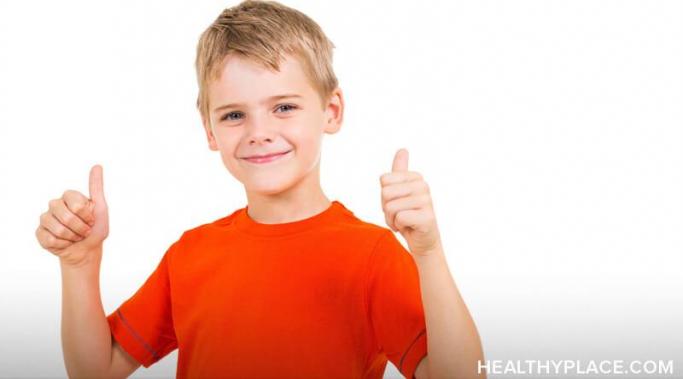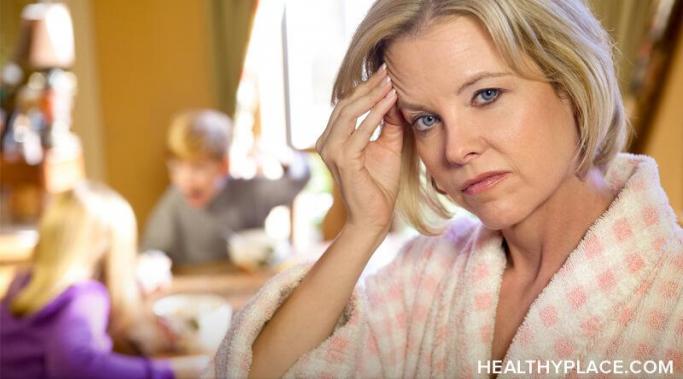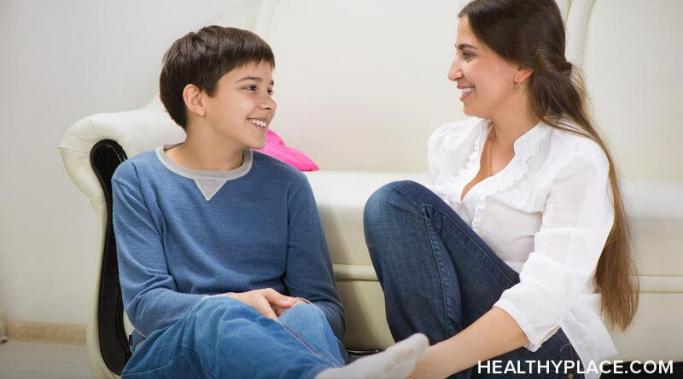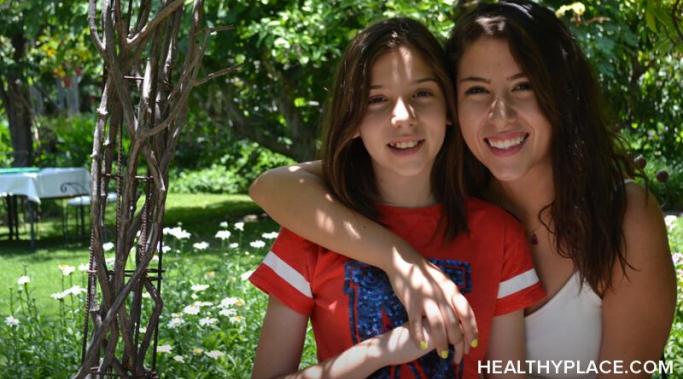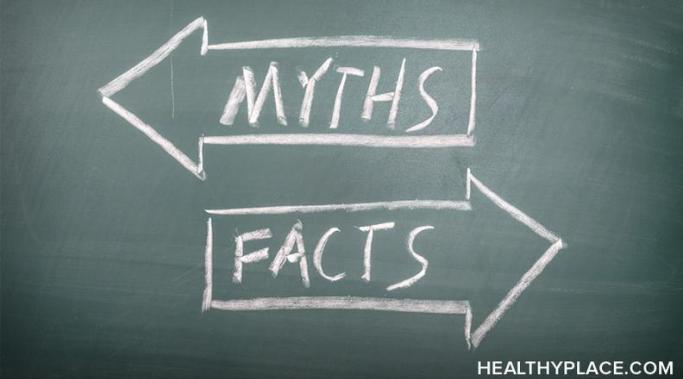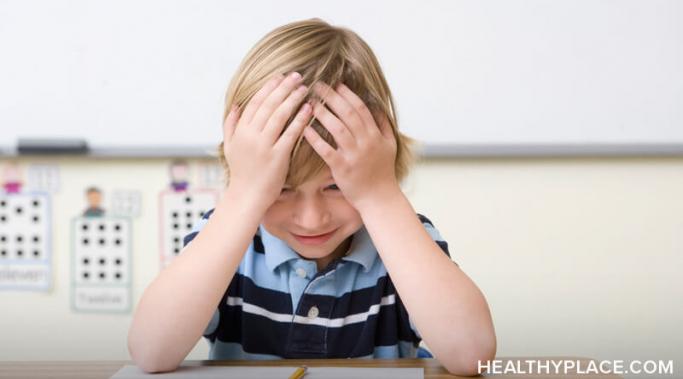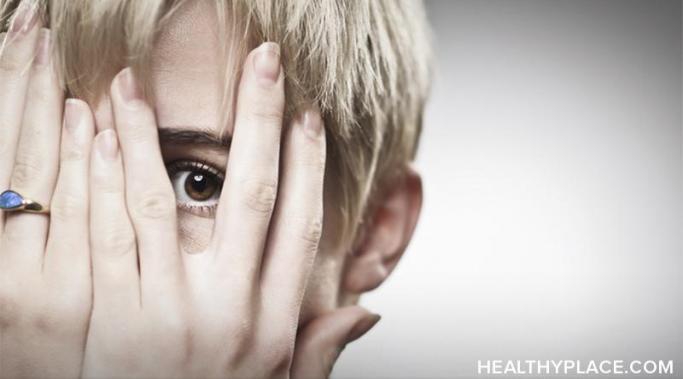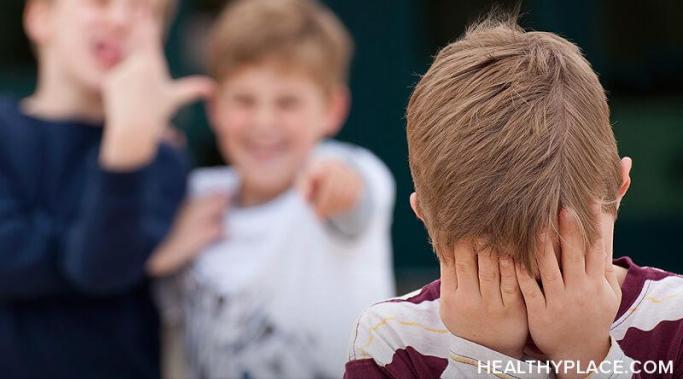A little while ago, I wrote a post about how I'm okay with my child having a mental illness. More recently, I was thrilled to learn that he feels the same way. My child wants to keep his attention-deficit/hyperactivity disorder (ADHD), and he isn't a fan of the idea of someone taking it away.
Stigma Mental Illness
One of the hardest parts of parenting a child with mental illness is watching my kid behave disruptively or throw a larger-than-life tantrum and wondering, "Would this be happening if I were a better mom? Is my child's mental illness a result of my poor parenting?"
On days when my child's attention-deficit/hyperactivity disorder (ADHD) comes on particularly strong, I ask myself, "Why can't he have perfect mental health as I do?" Only I don't ask myself that at all since I've never met anyone who doesn't know a little about mental illness, least of all yours truly. Every last one of us can relate to my child and his mental illness.
You might be thinking, "Wait, what did you just say? You're okay with your child having a mental illness? How could you say such a thing?" It's true, though. I am okay with my child having a mental illness. I have a lot of reasons to feel that way, and I think if more parents could take this attitude, life would be easier for everyone.
Myths about parenting a child with mental illness are harmful, so let's straighten some of them out. If your child struggles with mental illness, you've faced judgment and unsolicited advice from almost everybody. None of it compares to the judgment and fear we heap on ourselves. It's easy to get dragged down by ignorance and stigma. Debunking common myths, then, may make the journey through parenting a child with mental illness a little easier.
The definition of the least restrictive environment is part of the Individuals with Disabilities Education Act (IDEA). It mandates that children with disabilities should learn alongside their regular education peers as much as is safe and possible. Why is it so important that our children with mental illnesses be included in the least restricted environment?
Several weeks ago, another blogger triggered a heated discussion on a minor’s rights to mental health privacy when they suffer from mental illness. Readers chastised the author for disclosing too much information about her child. And that made me ask: where is the line when it comes to minor's mental health privacy.
A lot of energy goes into changing the world for our children, and that's before childhood mental illness joins our parenting struggles. If it's been a rough day for my son, in terms of his disruptive mood dysregulation disorder (DMDD) especially, I have barely enough energy to make dinner, let alone "change the world." Making change for our children is important to me, though. After dealing with childhood mental illness the last few years, I've realized that, sometimes, the world around my son needs more of a "cure" than he does.
For two years I refused to even consider electroconvulsive therapy (ECT) for my severely depressed daughter. After all, I saw those 1950s movies—I saw those patients emerge zombie-like with no memory. But then my daughter’s life became so bleak we had no choice but to try electroconvulsive therapy, and I’ve kicked myself for letting her suffer so long.
My children start school this week, so I'm back to worrying about both sides of bullying. As a parent of a child with mental illness, who is not going to be mainstreamed this year, the fear is real. Will he be bullied for being "special ed", or will his behaviors make him the bully? I tell myself that, if I can just get him through adolescence, he'll be okay. In the meantime, though, how do I manage when I understand that both sides of bullying could affect my child's school year?
